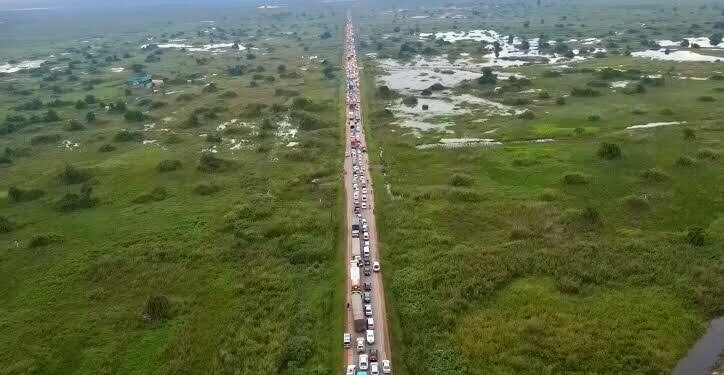Uganda is home to a diverse range of ecosystems, each playing a crucial role in maintaining the overall balance of nature. Among these, the Lwera Wetland stands out as a unique and valuable natural resource. However, this invaluable wetland is facing the threat of depletion due to human activities.
Lwera Wetland is a complex system of marshes, swamps, and shallow lakes. Spanning an area of approximately 1,000 hectares, it serves as a sanctuary for a wide array of flora and fauna. The wetland is home to numerous bird species, amphibians, reptiles, and mammals. Lwera Wetland is a vital ecosystem that provides numerous ecological services. It acts as a natural filter, purifying water that flows into Lake Victoria, one of Africa’s largest freshwater bodies. The wetland also serves as a habitat for a diverse range of plant and animal species, including migratory birds, amphibians, and reptiles. Additionally, it plays a crucial role in carbon sequestration, mitigating the impacts of climate change. Wetlands play a crucial role in flood mitigation by absorbing and storing excess water during heavy rainfall or storms. They act as natural sponges, slowing down the flow of water and reducing the risk of downstream flooding. Wetlands can help to regulate water levels and prevent erosion, providing a buffer zone between land and water bodies
Lwera Wetland plays a vital role in maintaining the ecological balance of the region. It acts as a natural filtration system, purifying water before it enters Lake George and eventually flows into the Nile River. The wetland also serves as a carbon sink, capturing and storing significant amounts of carbon dioxide, thus mitigating climate change impacts. Additionally, it provides habitat for migratory birds and acts as a breeding ground for fish species, supporting the local fishing industry..
Despite its ecological significance, Lwera Wetland faces numerous threats that jeopardize its existence. Agricultural Expansion. The conversion of wetland areas into agricultural land is a major concern. Encroachment for farming practices, such as rice cultivation, disrupts the natural hydrological balance, leading to the loss of wetland vegetation and wildlife.
The expansion of rice cultivation within Lwera Wetland poses a significant threat to its delicate balance. Rice farming requires the conversion of wetland areas into agricultural land, resulting in the loss of vital wetland vegetation and disrupting the natural hydrological cycle. This encroachment leads to increased soil erosion, water pollution from agrochemicals, and the destruction of wildlife habitats.
Sand mining in Rwera wetland is another pressing concern. Unregulated sand extraction from wetland areas disrupts the ecosystem and causes irreversible damage. It results in the destruction of wetland vegetation, alters the water flow patterns, and leads to sedimentation in water bodies. Moreover, the noise and air pollution associated with sand mining activities further degrade the wetland’s ecological integrity.
The wetland should be officially designated as a protected area, with strict regulations against rice growing and sand mining. Collaboration between government agencies, environmental organizations, and local communities is crucial to ensure effective implementation and enforcement.
Encouraging sustainable agricultural practices outside the wetland, such as promoting agroforestry and organic farming, can reduce the demand for rice cultivation within the wetland. Additionally, exploring alternative sources of sand and promoting responsible mining practices can help minimize the impact on the wetland.
Lwera Wetland is an invaluable natural resource that requires urgent protection. Preserving this delicate ecosystem is not only crucial for the biodiversity it supports but also for the countless ecological services it provides. By implementing strict regulations, promoting sustainable alternatives, raising awareness, and monitoring activities, we can protect the wetland from the detrimental effects of rice growing and sand mining. We can ensure the long-term survival of Lwera Wetland and secure a sustainable future for Uganda, Let us work together to safeguard this invaluable natural resource for future generations and ensure the sustainability of Uganda’s ecological heritage.
Do you have a story in your community or an opinion to share with us: Email us at editorial@watchdoguganda.com










